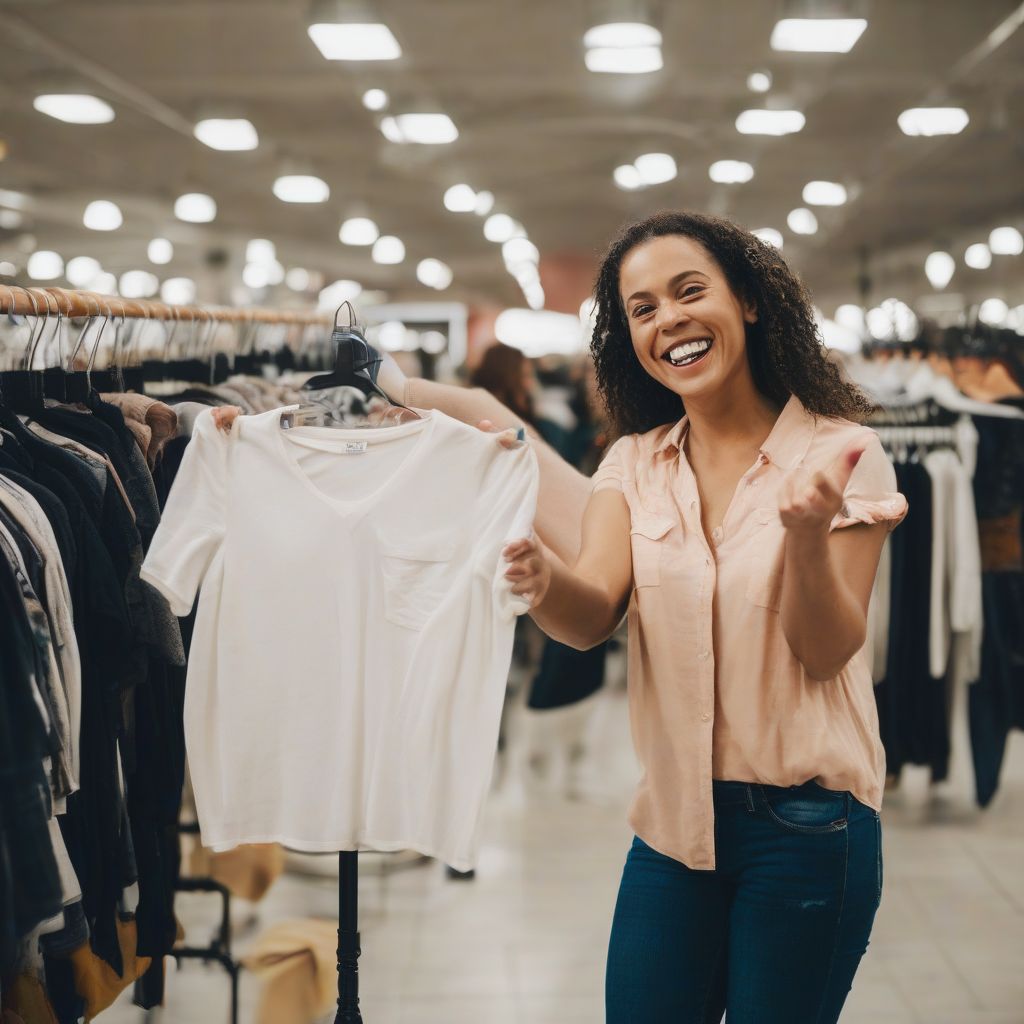Have you ever stopped to wonder who made your clothes? As a nutritionist, I spend a lot of time thinking about where my food comes from, and I realized I needed to give the same consideration to my wardrobe. Choosing ethical brands can feel overwhelming, but it doesn’t have to be. By making conscious choices, we can support brands that align with our values and create a more transparent and sustainable fashion industry.
What Does Ethical Fashion Really Mean?
Ethical fashion considers the entire lifecycle of a garment. It’s about more than just eco-friendly materials; it’s about the well-being of the people involved in every step of the process, from farm to factory to your closet.
Key Factors to Consider:
- Fair Labor Practices: Ethical brands ensure fair wages, safe working conditions, and no child labor. Look for certifications like Fair Trade, SA8000, and the Ethical Trading Initiative.
- Environmental Sustainability: Sustainable brands minimize their impact on the planet by using eco-friendly materials, reducing water and energy consumption, and minimizing waste. Look for certifications like GOTS (Global Organic Textile Standard), OEKO-TEX, and the B Corp seal.
- Animal Welfare: Ethical brands avoid using materials that harm animals, such as fur, leather, and exotic skins. Look for vegan alternatives and certifications like the PETA-Approved Vegan logo.
- Transparency and Traceability: Ethical brands are open about their supply chains and manufacturing processes. They’re happy to share information about where their materials come from and how their garments are made.
 Woman Shopping Ethically
Woman Shopping Ethically
How to Find Ethical Brands
Now that you know what to look for, how do you actually find these ethical gems? Here are a few strategies:
-
Do Your Research:
- Online Directories: Websites like Fashion Revolution, Good World Solutions, and Ethical Consumer offer directories of ethical brands.
- Brand Websites: Check out the “About Us” or “Sustainability” page on brand websites. Look for information about their values, certifications, and manufacturing processes.
-
Look for Certifications and Labels:
- Third-Party Certifications: As mentioned earlier, certifications like Fair Trade, GOTS, and OEKO-TEX can help you quickly identify brands committed to ethical practices.
- Brand-Specific Labels: Some brands have their own ethical labels or initiatives. For example, Patagonia has its “Worn Wear” program, which encourages repairing and recycling clothing.
-
Ask Questions: Don’t be afraid to reach out to brands directly and ask about their practices. You can send an email, message them on social media, or even call their customer service line.
-
Support Sustainable Fashion Bloggers and Influencers: Many bloggers and influencers dedicate their platforms to promoting ethical fashion. Follow them for brand recommendations, styling tips, and industry insights.
Making Ethical Choices on a Budget
We get it – sustainable fashion can sometimes come with a higher price tag. But remember, you don’t have to overhaul your entire wardrobe overnight! Here’s how to make ethical choices without breaking the bank:
- Shop Less, Choose Well: Invest in fewer, higher-quality pieces that will last longer. This approach reduces waste and supports brands creating durable garments.
- Embrace Secondhand Shopping: Thrift stores, consignment shops, and online platforms like ThredUp and Poshmark offer a treasure trove of pre-loved clothing at affordable prices.
- Host Clothing Swaps: Get together with friends and swap clothes you no longer wear. It’s a fun and sustainable way to refresh your wardrobe without spending any money.
- Take Care of Your Clothes: Proper washing, drying, and storing can extend the lifespan of your garments.
 Woman Organizing Closet with Sustainable Clothing
Woman Organizing Closet with Sustainable Clothing
Your Choices Have Power
Every purchase is a vote for the kind of world we want to live in. By choosing ethical brands, we’re supporting fair labor practices, protecting the environment, and promoting a more compassionate and sustainable fashion industry.
Remember, it’s a journey, not a race. Start small, ask questions, do your research, and celebrate your progress!
What are some of your favorite ethical fashion brands? Share your discoveries in the comments below!
[amazon bestseller=”sustainable fashion”]
